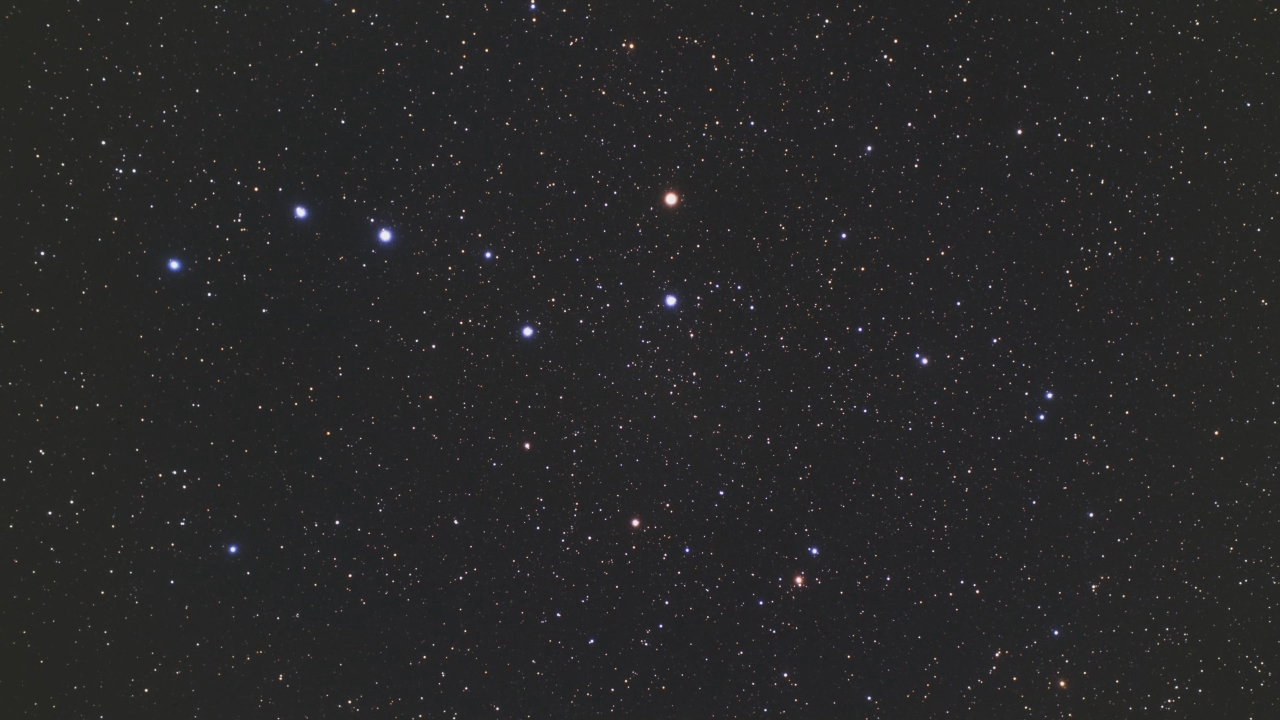All is meaningless; it is the echoes of the inevitable demise called death, reminding us all of our imminent impotence to perpetuate all and any of our wholesomeness that relates to our being. It is this agony of eventual nothingness that terrifies the common man. Yet almost by some communal guidance, we are contrived in the absurdity of life, adhering to the belief that the pursuit of gain and more gain — where gain is subjective to the person — will bring about the feeling of meaningfulness.
But everything is meaningless. Even the great Russian author, Leo Tolstoy, with his revered passion, purpose, wealth and accomplishments, battled with the common questions “lying in the soul of every man.” “Is there any meaning in my life that the inevitable death awaiting me does not destroy?” he pondered. Can any man speak, affirmatively, of any self-enduring purpose that perpetuates beyond death and that the person continues to accrue stakes or cost?
The fact is, everyone who passes into oblivion is dispossessed of all possessions. They no longer hold any stakes in life’s course.
To appreciate the illustrious undertone of the language, I must emphasize the one key point that makes this thought warrant any existential relevance: the ephemeral nature of all entities under the sun. The futility of life should permit us to challenge whatever meaning is associated with life when that life is transitory. But then what meaning is there to life when that life is transitory?
The essence of a transitory state is that it does not persist and must last only for a short time. Comparable to how we commonly refer to the transitory nature of earthly pleasures, logic demonstrates to us that our being is transitory by virtue of its confinement to the state.
Utterly meaningless! Everything is meaningless. The man who, throughout his life, actively pursued what he perceived to be his life’s work, and the layman, who is riddled with laziness, pleasure and contentment that grew and continues to grow, achieve equal outcomes. Although the general economic conditions of their lives were dissimilar, they share an equality of conditions by the fact that neither has any claim on their life’s work after death. Their plights cease when the final curtain closes. It does not matter how great or little the deeds they have done; the lifeless no longer have a share.
Vanity of vanities! All is vanity. The magnanimous, the wise and the creative labor with wisdom, knowledge and all of their dexterities, and they too, like all before them, must meet their demise, and everything they have labored must be left to another who has not toiled for it. Their anxious striving under the sun is like chasing after the wind. Is there any compulsion of life that outlast death? This is the cruelty of life. This also is vain.
It is a cycle. They come and then they go, they toil and they wish, generations come and generations go. It is a cycle. “Whoever loves money never has money enough; whoever loves wealth is never satisfied with his income,” according to the book of Ecclesiastes. It is a cycle.
This is an appeal to physicalism and not an impression on the theocracy.
The expression of thought that everything is meaningless, indeed, sounds depressing; however, reconciling the cruelty of life by realizing the transient nature of life and being content with that discovery and knowledge is far more important and worthwhile than the life of pretense. There’s nothing abnormal in realizing the obvious truth in the finality of the inevitable death. Man must relinquish life. However, he need not do so under the dissolution of false belief, unless the act is intentional.
I must emphasize that this idea is not an impression on theocracy. Now, some may object and argue that, if in fact all is meaningless, then why bother write any of this. That I write this has no implication on whether it is meaningless or not, as long as I’m aware that it is, and as long as I can enlighten others to ponder the fact.
The absurdity of life is just the reality. It is not ingrained; it is a construct. This was reality centuries ago, and it will be reality centuries after. Understanding reality and realizing your part in that reality is all there is to it.
Andrew Adeola is a senior philosophy and neurobiology and physiology major. He can be reached at aadeoladbk@gmail.com.



